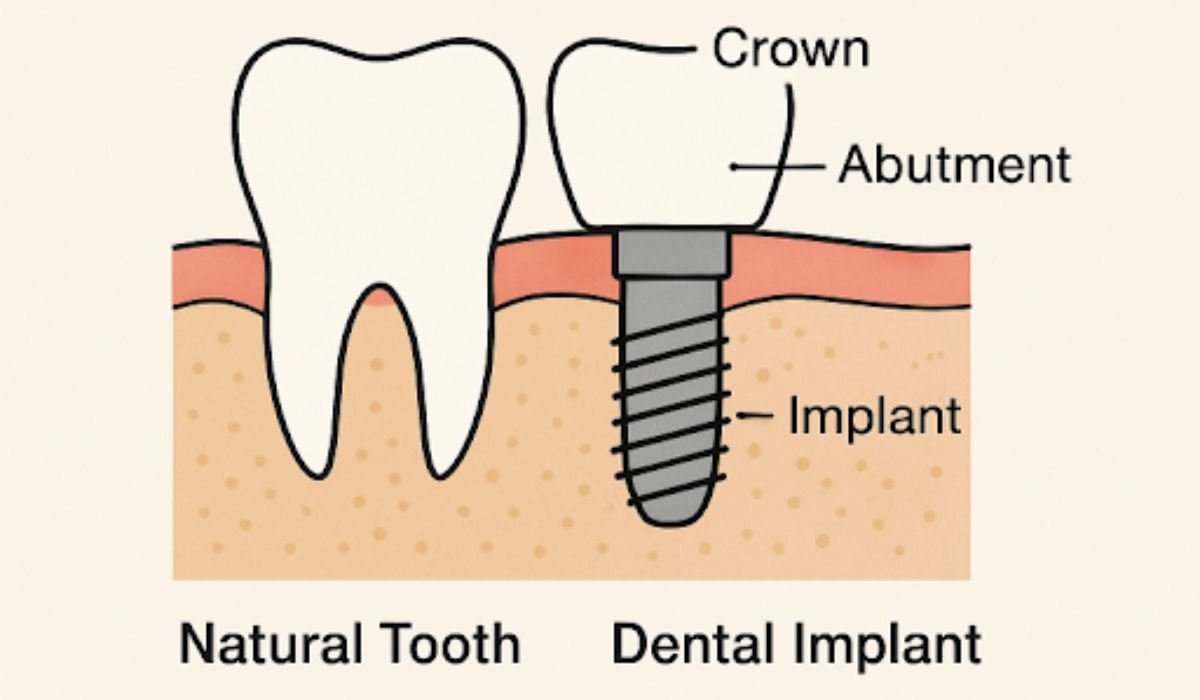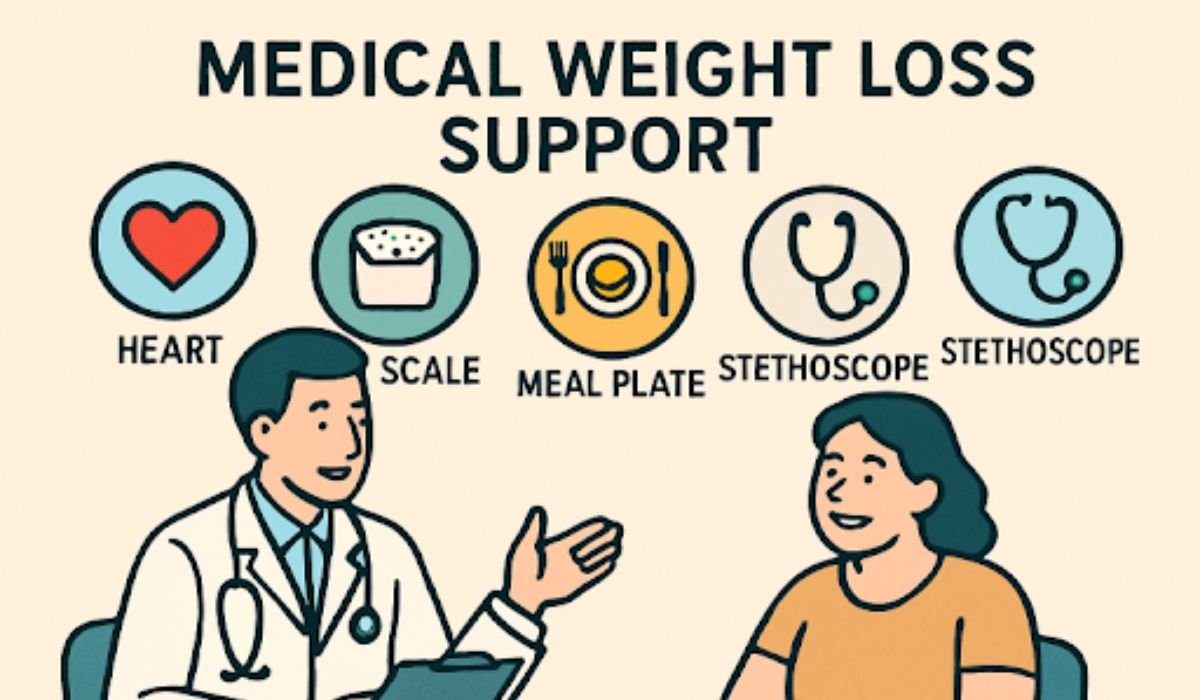Incorporating regular dental maintenance into your health strategy can significantly impact your well-being. When people hear the term “maintenance,” they often think of cars or appliances. However, this concept is equally, if not more important, for the human body. Regular preventive healthcare visits—such as annual check-ups, dental cleanings, and vision screenings—can help individuals avoid unexpected health problems and large medical bills. According to the Centers for Disease Control and Prevention, preventive care enables people to identify medical issues before they escalate, leading to better long-term outcomes. Even small actions, like scheduling regular appointments, can result in a lifetime of improved health and peace of mind.
Coverage options like FEDVIP plans are beneficial for those who want to make preventive care easier to access. These plans often emphasize the importance of routine dental and vision care, making it more affordable for individuals and families to prioritize their long-term health. With coverage in place, people are more likely to schedule and attend maintenance appointments, as barriers related to out-of-pocket costs are reduced. This support for routine care leads to fewer urgent visits and helps communities build long-lasting habits focused on prevention rather than crisis management.
The Building Blocks of Preventive Care
Preventive care is based on simple, repeated actions to protect long-term health. These actions may include biannual dental cleanings, regular eye exams, and comprehensive health screenings to assess your overall wellness. Each step is crucial; for instance, maintaining oral health through brushing, flossing, and professional cleanings is vital for preventing cavities and gum disease. Taking these preventive measures helps you avoid uncomfortable medical procedures and provides additional protection against chronic health conditions.
- Check-ups allow healthcare providers to identify and address issues before they become serious concerns.
- Professional cleanings reach areas often missed by daily routines, limiting plaque buildup and the risk of gum disease.
- Screenings for vision and hearing can uncover early warning signs, sometimes indicating problems outside their original scope.
By keeping preventive appointments, people practice self-care in its most potent form. The cumulative effect of maintaining these routines is significant and measurable: stronger teeth, better vision, and fewer missed days at work or school due to health problems. In other words, the small effort required for regular maintenance reaps significant benefits stretching over years and even decades.
Early Detection Benefits
One of the most significant advantages of routine maintenance is early detection. Health professionals can often identify issues at their earliest stages—when they’re least invasive and least expensive to resolve—during routine visits. For example, a dentist might spot small cavities during a regular cleaning or notice early signs of gum inflammation. Treatment is usually straightforward, painless, and cost-effective when these issues are caught early. Conversely, waiting until symptoms become severe can lead to complex procedures and greater health risks.
Early detection can also deliver broader health benefits, such as finding warning signs for diabetes or hypertension in routine health screenings. This proactive approach preserves physical well-being and reduces anxiety associated with unexpected health emergencies. Addressing issues early in complex systems is crucial. Routine maintenance is an essential safety net, enhancing individuals’ and families’ confidence and peace of mind.
Trusted Providers and Routine Care
Building a relationship with a trusted healthcare provider transforms how people view preventive appointments. When patients know and trust their doctors, dentists, or specialists, they’re more likely to keep up with regular care and to communicate concerns or changes they might notice. This familiarity also allows providers to pick up on subtle differences that may go unnoticed in a one-off urgent care visit. That continuity of care can mean more accurate diagnoses, relevant advice, and better-tailored treatment plans.
These relationships also reduce the stress sometimes associated with health care. Knowing what to expect during a visit and having someone available for questions encourages a more open dialogue. Over time, this trust fosters a proactive attitude toward health—making it easier to stay on schedule with appointments and act quickly if any issues arise. A provider who understands your history can personalize your care and help you maintain strong lifelong habits.
Routine Maintenance vs. Urgent Care
There’s a sharp contrast between sticking to a routine maintenance schedule and being caught in the whirlwind of urgent care. Those who prioritize routine check-ups are far less likely to experience health emergencies, and when issues do crop up, they’re generally faster and simpler to fix. This is similar to replacing worn tires before hitting the highway, rather than waiting for a blowout. Preventive care is not only less expensive, but it also helps avoid the emotional burden of sudden health scares.
Urgent care encounters often mean unexpected interruptions to daily life—lost wages, canceled plans, and unanticipated expenses. Routine maintenance, by contrast, is predictable and generally painless. Planning an hour-long cleaning or screening is much easier than scrambling to find last-minute care. This predictability protects health, saves money, and helps build resilience against bigger setbacks.
Practical Tips for Staying On Track
- Mark preventive appointments on your calendar as a recurring event to keep them at the top of your mind.
- Synchronize visits with life milestones, like starting a new job, school year, or special occasions.
- Enlist family or friends to help stay accountable and make appointments a group effort when possible.
- Request educational brochures or online resources from your provider, and review them between visits.
- Keep a health journal or use a mobile health app to document any symptoms or questions for your provider.
Creating a routine out of preventive care requires consistency initially, but it ultimately helps turn good intentions into lasting habits. Many people find that attending regular appointments reminds them to care for their health in other areas—exercise, nutrition, and stress management—making preventive routines the foundation for overall well-being.
Building Good Habits for Lifelong Health
Establishing a routine around maintenance now lays a strong foundation for better health as people age. Good habits developed in childhood—such as brushing and flossing or annual exams—often stick with individuals as they move into adulthood and old age. Even if routines are disrupted for any reason, returning to them is always easier when strong habits are already in place.
The benefits extend beyond physical health: maintaining routine care can reduce anxiety about unknown health problems and make every interaction with the healthcare system more manageable. With the right approach to coverage and routines, individuals and families can look forward to years of healthier, happier living.
YOU MAY ALSO LIKE: Esfeet: The Rare Cancer Hiding in Plain Sight (And Why Early Action Matters)










